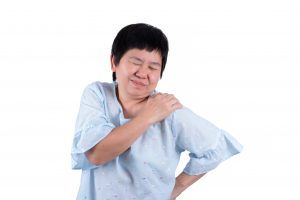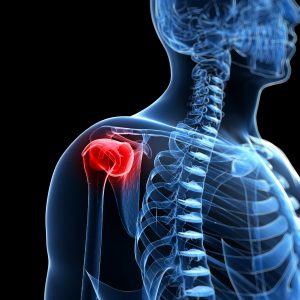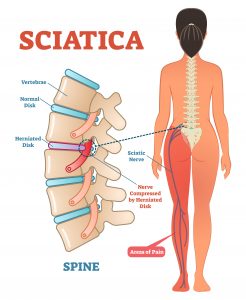Joint popping and clicking – should I be worried?
So, your knees are creaking, cracking and clicking when you up and down the stairs. Sometimes this has been brought to your attention by others. As I sometimes joke, ‘at least your family knows you’re back home when you come in trying to sneak up the stairs!’. This is designed to insinuate that I’m not worried from the start and put the patient at ease. But what you probably really want to know is: ‘Should I be concerned about joint popping and clicking?’
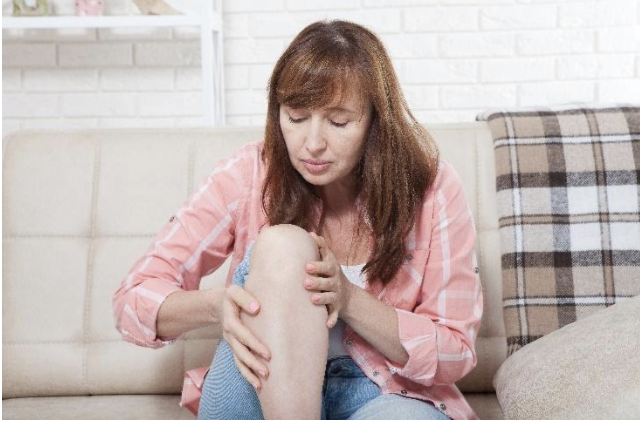
I’ve had patients come to me solely for joint popping and clicking, such as having a knee without any pain being greatly concern for their ‘creaky knees’. I’ve also noticed patients sometimes have more concern regarding the noises their joints make than actual pain and discomfort.
I shall attempt to explain what makes the knees click and whether you should be worried about it.
Why are people concerned about their clicking joints?
As an osteopath, we provide a lot of joint-related care, which often leads me to hear the question ‘my joints crack – should I be worried?’ This typically comes from runners who are looking to avoid injury and drummers who can make lots of interesting noises while rotating their wrists, but it occurs in sedentary and sporty people alike. This strange symptom seems to make people fixate on the noises their joints make. Most people are quite rightly concerned, they want to know if the noises will lead to arthritis in the future. Another question is whether it will ever go away.
There is one sentence that answers all of your concerns:
It is highly unlikely the noises from your joints are indicative of joint damage
A study done by McCoy et al (1987) stated that 99% of subjects with joint crepitus experienced no pain. If you believed that joint popping and clicking was due to arthritis, we know that arthritic joints are less likely to pop and grind (1).
What causes the clicking?
Next, we’ll look more closely at the knee, a joint that often clicks. However, the three variations of joint cracking are applicable to all joints, not just the knee. The picture shows all three knee bones, the noises come from the joint cavity at the front. When explaining the three varieties, this is the joint that we shall be referring to.
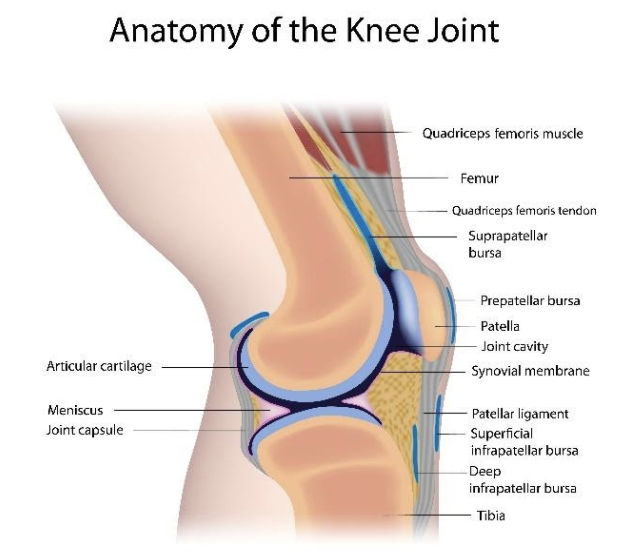
Cavitation’s– commonly occur when an osteopath manipulates your joints or felt in the back and neck when stretching backwards after being sedentary aiming for joint tension relief. This ‘self-manipulation’ occurs due to displacement of the two surfaces of the joint. This leads to the collapse of gas bubbles in the lubricating fluid (2). With this type of cracking, it is important to note that the symptoms could be due to poor posture. This leads to excessive tension in the joint. In this case, a course of osteopathy, physiotherapy or sports therapy can help to resolve it.
Loud isolated single clicks and pops– otherwise known in the knee as the stick-slip phenomenon, a type of manipulation that occurs when your kneecap ‘clunks’ once.
Fine grating – a perfectly normal occurrence. The joint fluid, which is there to help to lubricate the joint, flows past a rough edge on the inside of the kneecap.
Extra-articular– more of a ’snapping’ sound, typically felt when you stand up from a sitting position, from a soft tissue structure (in the knee’s case an extension of a ligament over the kneecap) (1).
What are the problems associated with joint popping and clicking?
Now that we’re aware of what the joint popping and clicking is, hopefully, your anxiety caused by cracking joints has been reduced. The belief that the cracking could be causing damage is actually more harmful than the actual source of the complaint. In my experience, patients’ concerns and reactions come in various forms:
- Runners reducing mileage
- Avoidance or adjusting normal stair walking
- Lifting weights incorrectly or not completing the full movement in the repetition to avoid noise
- Ankle support use (supporting ankles when not injured can weaken the natural balance response of a joint).
- Taking unnecessary joint supplements that cost a lot of money. I can also reinforce the belief that the joint cracking is unnatural and requires an intervention.
Conclusion
To summarise, your knee popping, elbow clicking and ankle grinding are very unlikely to be a sign of joint damage, and it’s important to mention again that symptoms of joint arthritis are silent, not noisy. If you do have any further questions regarding joint clicking, or indeed joint pain or anything else associated with this topic please feel free to drop us a line.
For any further questions, please don’t hesitate to ask:
0161 209 2980
info@movementandwellbeingclinic.co.uk
Ed Madeley M.Ost
